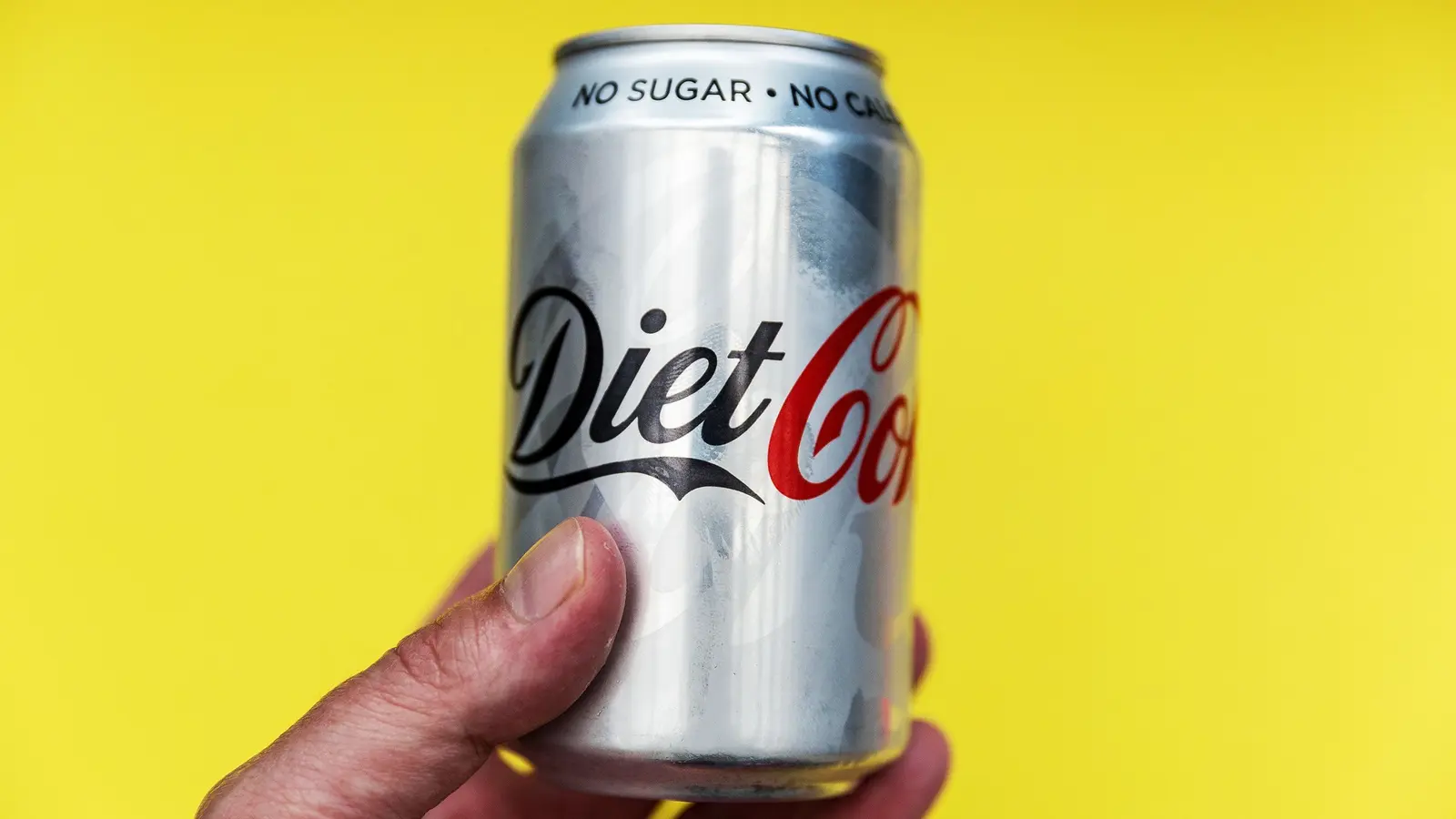3 Minutes
New research from a large UK cohort links both sugar-sweetened and low- or non-sugar sweetened drinks to higher rates of metabolic dysfunction-associated steatotic liver disease (MASLD) and increased liver fat. The findings challenge the idea that diet or 'zero-calorie' soft drinks are harmless and point to water as a protective swap.
Both regular and “diet” sweetened drinks may raise the risk of fatty liver disease, new research suggests. Even modest consumption was linked to greater liver fat and mortality risk.
Big data, clear signal: what the study found
Researchers analyzed dietary and health data from 123,788 UK Biobank participants who had no prior liver disease. Beverage intake was recorded through multiple 24-hour dietary questionnaires, and participants were followed for a median of 10.3 years. During that time, 1,178 people were diagnosed with MASLD and 108 died from liver-related causes.
The study showed that daily consumption above ~250 grams (roughly one can) of either sugar-sweetened beverages (SSBs) or low-/non-sugar sweetened beverages (LNSSBs) was associated with substantially higher risk of MASLD. The hazard ratios indicated roughly a 60% higher risk for LNSSBs (HR 1.599) and a 50% higher risk for SSBs (HR 1.469). Both drink types also correlated with higher measures of liver fat. Notably, only LNSSBs showed a statistically significant association with liver-related mortality in this cohort.

How could 'diet' drinks harm the liver?
At first glance, the results sound counterintuitive: low-calorie or sugar-free drinks are often marketed as healthier alternatives. But the study authors and prior research suggest plausible biological pathways.
Sugar-sweetened beverages
- Drive rapid blood-glucose and insulin spikes.
- Promote weight gain and increased uric acid, both linked to liver fat accumulation.
Low- and non-sugar alternatives
- May alter the gut microbiome in ways that affect metabolic processing.
- Can interfere with satiety, increase sweet cravings, and potentially trigger insulin responses despite low calories.
Lead author Lihe Liu emphasized that the new analysis “challenges the common perception that diet drinks are harmless.” The team noted that even modest intake—about a single can daily—was enough to detect higher MASLD risk in this dataset.
Simple swap: water lowers the risk
One of the study's most actionable findings: substituting water for either SSBs or LNSSBs was associated with a meaningful reduction in MASLD risk. Replacing sugar-sweetened drinks with water lowered risk by about 12.8%, while swapping artificially sweetened beverages for water reduced risk by approximately 15.2%. By contrast, swapping SSBs for LNSSBs (or vice versa) produced no clear benefit.
These results reinforce public-health guidance that emphasizes reducing intake of both sugar-sweetened and artificially sweetened beverages as part of broader cardio-metabolic and liver-disease prevention strategies.
Implications for public health and research
MASLD—formerly called non-alcoholic fatty liver disease (NAFLD)—now affects an estimated one-third of the global population and is a growing cause of liver-related illness and death. The authors call for longer-term randomized and genetic studies to probe causality and to explore how sugars and sweeteners interact with the gut microbiome and metabolic pathways. For now, clinicians and consumers can consider water the safest default when choosing what to drink.
Source: scitechdaily


Leave a Comment